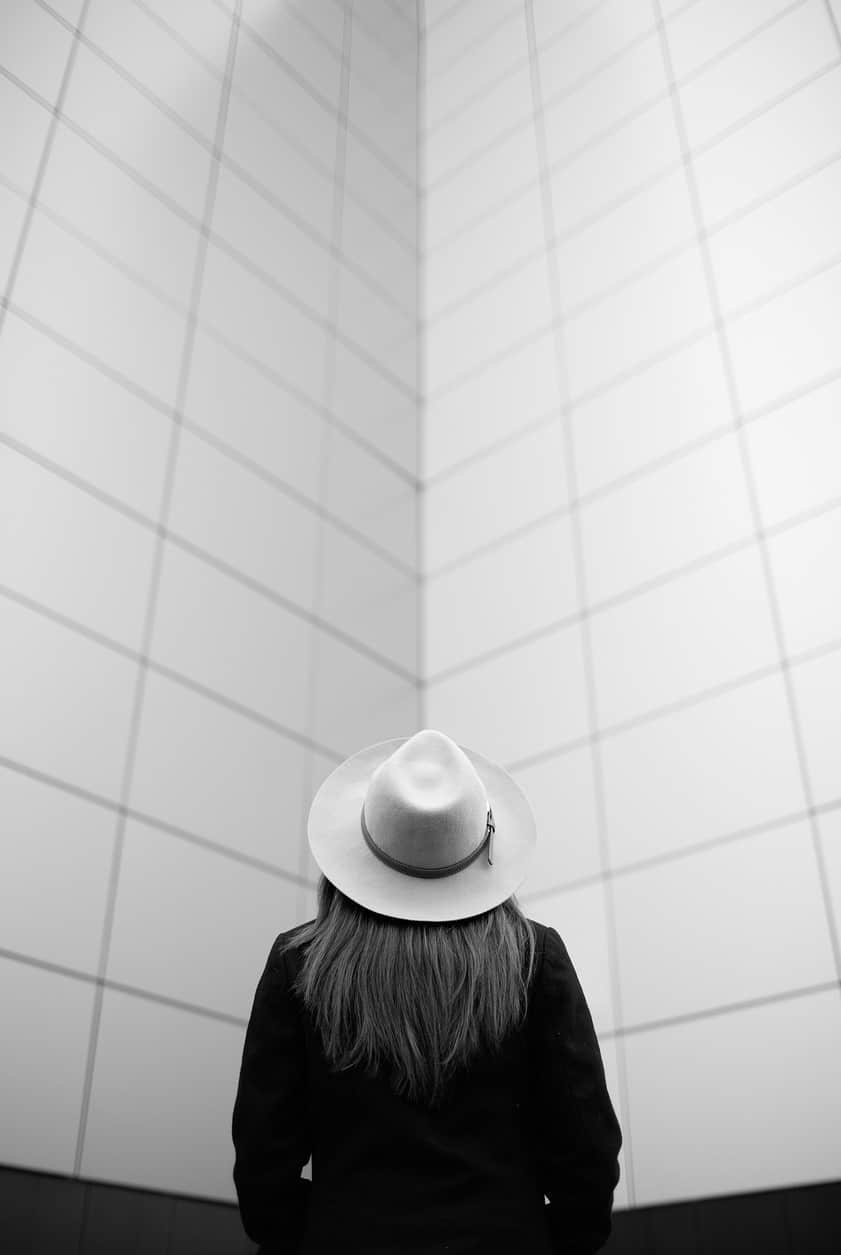
Dead Quiet
I thought you’d have my back.
You could have said something.
Anything.
But all I got was radio silence.
Deafening. Deal breaking.
It’s not that I needed you to defend me.
But it would have been lovely
To see you try.

I thought you’d have my back.
You could have said something.
Anything.
But all I got was radio silence.
Deafening. Deal breaking.
It’s not that I needed you to defend me.
But it would have been lovely
To see you try.

The sun was hotter.
You can tell.
Look at us squinting against it in photos then.
Everything washed out by the glare,
cheekbones, jawlines,
all detail surrendered.
Dazzled,
we could be anybody.
The gardens, look,
they’re parched.
It hurt to walk on the grass.
We lay in scorched backyards
slathering butter on our chests,
chain-smoking, eating fluorescent cheesies,
swilling bright red soda.
Everyone burned raw.
Everyone looked deliriously happy.
We knew
nothing could go wrong.
Our lives lay ahead of us.
Men were above us,
landing on the moon.
(goodreads.com contest winner).
If it’s true
as grim neurologists now claim,
that our memory is far from intact,
that the very process by which we retrieve the past
is flawed, random, that it plays fast and loose with
fact, detail, even
colour. Then how exactly do I conjure
what was us.
If it’s all up for grabs,
all bets off,
what was true?
The way you looked at me that evening
on the boardwalk,
was it as tender as I picture it now?
And your kiss. As deeply felt?
Did you profess your love in three languages
or was it just two?
Before you round the corner do you actually
turn to look at me
one last time?
Are you in the blue shirt
or the red?
Are those actual tears?
But science falls short. It overlooks
the power of the human heart
which has a memory all its own,
where the moments of our lives never alter,
fade
or grow old.
Where a look remains as tender
as when first it was delivered,
a heart quickens just as it once did.
Yearning as fervent,
passion as acute,
and in that special place
the moments worth remembering
lie in wait for us, inviolate,
undefiled by time
or synapse.
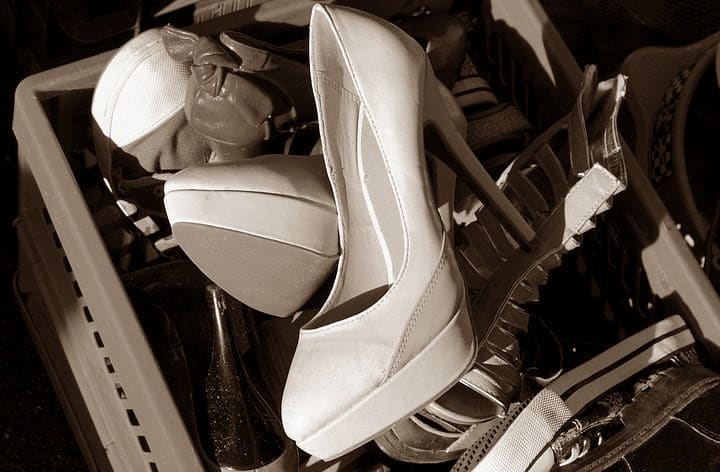
The day-to-day momentum
carries us with it,
making it impossible to imagine
this all shall pass.
Too much to think this will end,
carrying us into oblivion alongside
all of our carefully honed plans,
our exquisite attention to detail.
Who can contemplate that one day
and not so very far away,
another, perhaps even a stranger,
will be charged to sift through our lives,
tossing into random piles
our old day timers, nail polishes
and favorite sunglasses,
expired library cards.
Who can comprehend that one day
Some distant cousin may glance
at a dog-eared photograph
of a laughing, red-haired woman,
and ask with fleeting interest
to no one in particular:
“Wasn’t she a writer?”
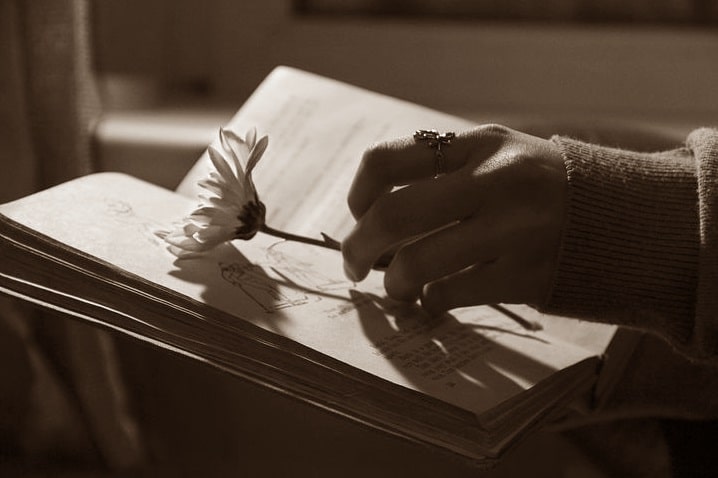
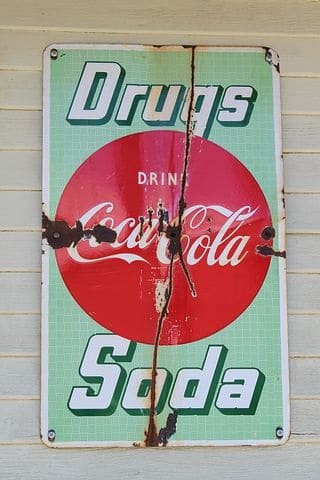
Fleming left his dirty dishes in the sink and found penicillin.
Modern medicine was never the same.
The inventor of Coca Cola just wanted to cure headaches.
Velcro,
because a dog owner scrutinized
the tenacious burrs
embedded in his retriever’s coat.
The most profound discoveries
are pure accident.
Go looking for one thing and find another,
Maybe better.
On my way to a purebred prize winner
A mongrel butted in.
Best dog ever.
I thought the invitation said Thursday.
And found you.
Leave room for error.
Cast off loosely.
Await the entirely unexpected,
The astonishingly,
The utterly new.


If This Is Your Final Destination, Welcome Home.
Always the smell of tiger balm
takes me back to Kuala Lumpur in 1980,
the sweltering airstrips,
the sea of expectant upturned faces
of the refugees waiting en masse
at the bottom of the airplane stairs,
on their way to Canada
and to second unimaginable lives.
Plane load after plane load,
week after week, three years running,
we ferried them across oceans.
After days and sometimes weeks
in crowded buses
they waited to be next in line,
these survivors of Pol Pot and
his merciless Khmer Rouge,
these witnesses of unimaginable horror.
We delivered them to Gander, to Montreal
and to Toronto,
away from all they had known,
everything they owned in small tidy bundles
at their feet.
We chose our words carefully
for the interpreter,
Trying to prepare them in some small way
for what lay ahead.
Where do you begin?
How do you tell someone how cold feels?
We played them music
we wanted them to hear,
hits of the day, Blondie, REO Speedwagon,
handed out sandwiches and Pampers
and wet naps.
They in turn watched our every move,
accepted anything given to them,
suspiciously at first,
then with vigorously nodding heads,
pouring forth their thanks,
holding up their solemn, silent babies proudly
for us to hold.
When we dimmed the cabin lights,
hearing their guarded whispers
to one another,
sharing late night confessions in the dark
high above the ocean,
these people for whom
no sadness had gone unknown.
It was boarding them I remember most.
Even when I urged them
up the aircraft stairs, off the blistering tarmac,
beckoned them toward me,
they held back, tentative,
and only when I descended the stairs
took the first of them by the hand,
would they dare take the first step
toward this wild and inconceivable freedom.
I see their faces clearly now and I ask:
Who among us could possibly measure
the courage we asked of them.

I’ve been thinking about social media a great deal. It is an unequaled tool for writers, manna from heaven actually as a way to connect with readers, old and new. But at what cost, I wonder? In its formidable wake, what is it that we are relinquishing?
Are we forsaking the art of conversation? The glorious handwritten letter that flutters through the mailbox? The relaxed, cozy, stop and chat????
Here is a poem that resulted from my musings:
Bowed in Prayer.
At the Olive Garden on a Friday night, on my own,
I have just ordered the Tour of Italy and
notice the family huddled into a booth across the way,
six of them, three each side,
their heads collectively bowed over a cornucopia of glowing electronic boxes,
their fingers tapping away at microscopic keys,
the light reaching up to their faces at speeds
impossible to imagine.
So enchanted is the group with the cavalcade of data
pouring forth beneath them that I count a full two minutes
before any of them notices the waitress,
standing waiting at the head of their table.
Shall I come back, she asks graciously,
exhibiting a patience far above her pay scale.
Yeh, the one nearest to her finally pipes up,
the closest he’ll come to a conversation all weekend,
and he didn’t even lift his head to say it.
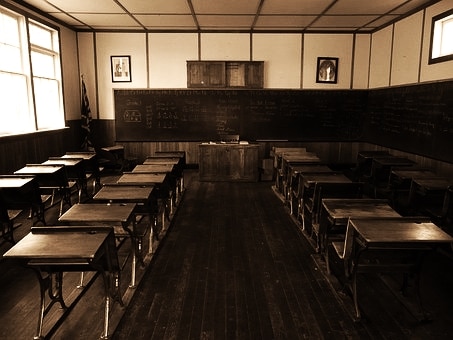
So It Begins.
If I’m looking for the seeds of
my intolerance of injustice
I need look no further
than a Grade Nine girls’ only Health class.
Sister St. Cletus calling us up to the front,
two or three at a time, those still seated
charged with critiquing, in turn,
on a scale of one to ten,
each of the girls’ personal grooming.
The plump unkempt Rosario
newly arrived from Sicily suffered most.
The bookish pale Margaret also paid dearly.
It wasn’t just that the exercise was callous, arbitrary.
It was its pitting girl against girl for reasons entirely inconsequential,
the time and sheer energy it exacted,
the pitiful tears shed privately after,
when those same girls
could have been banding together and begin to
change the world.
I asked my friend Chuck what the boys did.
Turns out their Health class was held outdoors.
They ran the city streets in all weather,
he said proudly,
in matching shorts and tees,
a pack, cohesive,
strong
and growing stronger.
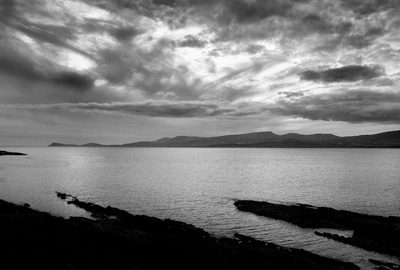
Always be a poet. Even in prose.
— Charles Baudelaire.
In essence I am a storyteller who writes poems. Put simply, I write the poems I want to read.[…]
Thanks for sharing